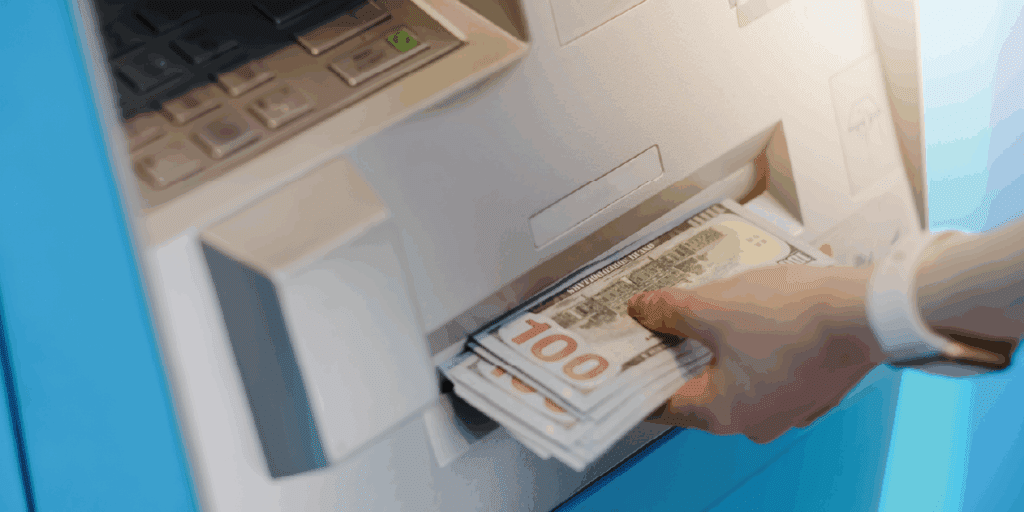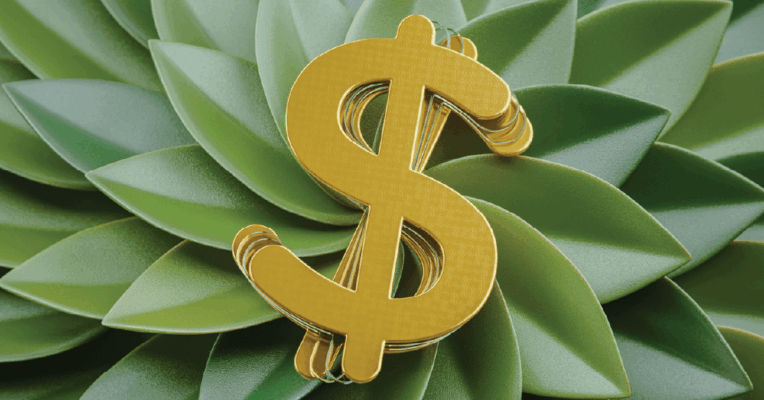Early 401k Withdrawals May Cost You
Recent changes in federal law make it easier than ever to tap your retirement savings early. Under the SECURE Act 2.0, Americans now have more flexibility to access their 401(k) plans during emergencies, with fewer penalties and less red tape. That may sound like a win, but for most people, early 401(k) withdrawals still come with a steep long-term price.
More Americans are treating their retirement plans as emergency funds than ever before. A Wall Street Journal report found that 4.8% of workers took a hardship withdrawal from their 401(k) in 2023, double the rate before the pandemic.¹
If you’re tempted to take advantage of these new rules, here’s why you may want to think twice.

What the SECURE 2.0 Act changed for 401(k) withdrawals
The SECURE Act 2.0, passed in late 2022, expanded access to 401(k) funds in several key ways:
- Emergency withdrawals: Beginning in 2024, individuals can take one penalty-free withdrawal of up to $1,000 per year for emergency expenses.
- Hardship withdrawal expansion: The list of penalty-free hardship exemptions now includes domestic abuse, terminal illness, federally declared disasters, and long-term care premiums.
- Self-certification: Individuals can now self-certify that they qualify for a hardship withdrawal—eliminating the need for paperwork or documentation.
Although these options provide more control and flexibility during financial emergencies, they don’t always result in better outcomes.
3 reasons to avoid early 401(k) withdrawals
You lose the power of compound growth
The most compelling reason to avoid early withdrawals from your 401(k) is the opportunity cost. Every dollar removed today could lose decades of tax-deferred growth. Missing compound interest can translate into tens of thousands — sometimes hundreds of thousands — of dollars lost by the time of retirement.
Taxes still apply, even without penalties
The SECURE 2.0 Act eliminates the 10% early withdrawal penalty in some instances, but it doesn’t eliminate taxes. When you take an early distribution from a traditional 401(k), you pay taxes on the amount as ordinary income. That means you could owe a significant portion of the withdrawal in taxes, potentially bumping you into a higher bracket.
You undermine your future retirement readiness
Your 401(k) is not just a savings account. It can be an important resource for your future. Using it to patch short-term financial gaps could leave you struggling to cover long-term income needs in retirement. Even small withdrawals now can create significant deficits later, especially if you continue to contribute less afterward.
Better alternatives to early 401k withdrawals
If you’re facing a financial emergency, consider these alternatives first:
- Emergency savings fund
- Health Savings Account (HSA)
- Short-term loan or line of credit
- 401(k) loan (if available through your plan; must be repaid to avoid taxes)
- Reevaluating expenses or insurance coverage gaps
And if you’re turning to your retirement savings more than once, that’s a signal to reassess your financial strategy—before it becomes a habit.
Should you ever tap your 401k early?
There are rare circumstances when an early 401(k) withdrawal may make sense, especially under one of the new hardship exemptions. But even then, the decision should be made carefully, with full awareness of the tax implications and long-term impact on your retirement goals. If you’re unsure, talk to a financial advisor who can help you weigh the options. Sometimes the best decision isn’t about what’s easiest. Instead, it’s about what supports your future self.
Help protect your retirement, even when life gets messy
The SECURE 2.0 Act makes early 401(k) withdrawals more accessible, but accessibility isn’t the same as advisability. If your retirement plan has become your emergency fund, it may be time to reassess its role in your financial life.
Because the truth is, your 401(k) isn’t just money. It’s the potential to build over time. And the longer you let it grow, the more powerful it becomes.
¹ Source: Tergesen, A. (2025, July 26). Americans See Their 401(k)s Not Just as Nest Eggs but as Rainy-Day Funds. Wall Street Journal
This content is for informational and educational purposes only and should not be construed as individualized advice or a recommendation for any specific product, strategy, or course of action. Brighton Jones, its affiliates, and employees do not provide personalized investment, financial, tax, or legal advice through this communication. This material is not intended to, and does not, create a fiduciary relationship under ERISA or any other applicable law. For individualized advice tailored to your specific circumstances, please consult with your adviser.




